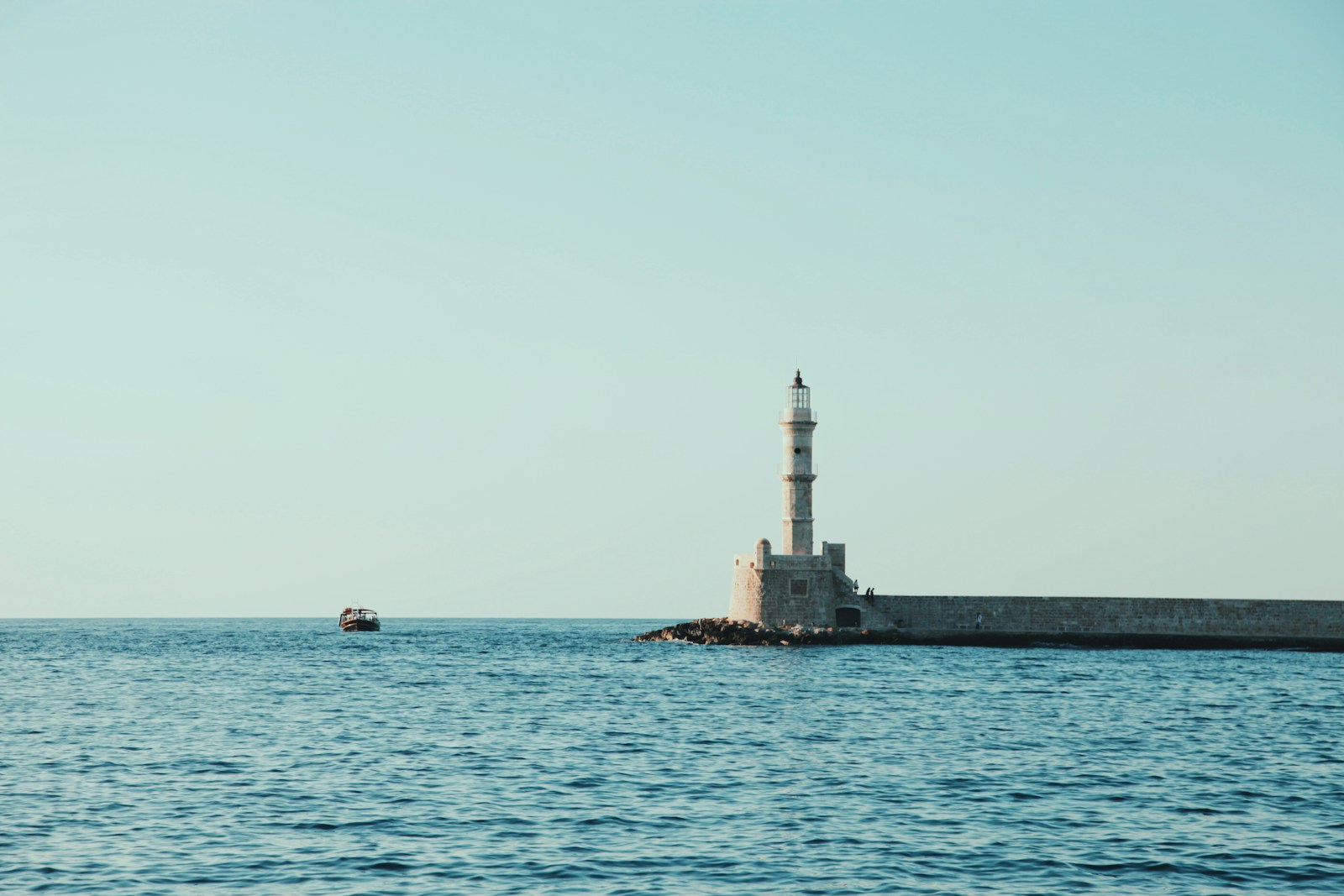
ir a mar abierto

go to open sea
The Spanish phrase 'ir a mar abierto' translates to 'go to open sea' in English. This phrase is often used in reference to sailing or navigating far from the coast into the unconfined and broad waters of an ocean or sea. It can also be used metaphorically to suggest venturing into unfamiliar or uncharted territory.
Example sentences using: ir a mar abierto
Cuando aprendí a nadar, mi objetivo era ir a mar abierto.

When I learned to swim, my goal was to go to the open sea.
This sentence describes the ambition of the speaker who, after learning to swim, aspired to face the bigger challenge of swimming in the open sea.
El pescador decidió ir a mar abierto a pesar de las advertencias del clima.

The fisherman decided to go to the open sea despite the weather warnings.
This statement conveys the determination of the fisherman who made the risky choice of heading to the open sea, ignoring the weather warnings. It is implied that he took this risk for the possible large catch in the open sea.
El capitán nos aconsejó que, para tener una verdadera aventura, deberíamos ir a mar abierto.

The captain advised us that, for a real adventure, we should go to the open sea.
In this expression, the captain is suggesting the thrill and excitement of venturing into the open sea to experience a real adventure. It implies that the open sea offers more challenges and excitement compared to inland waters or shores.